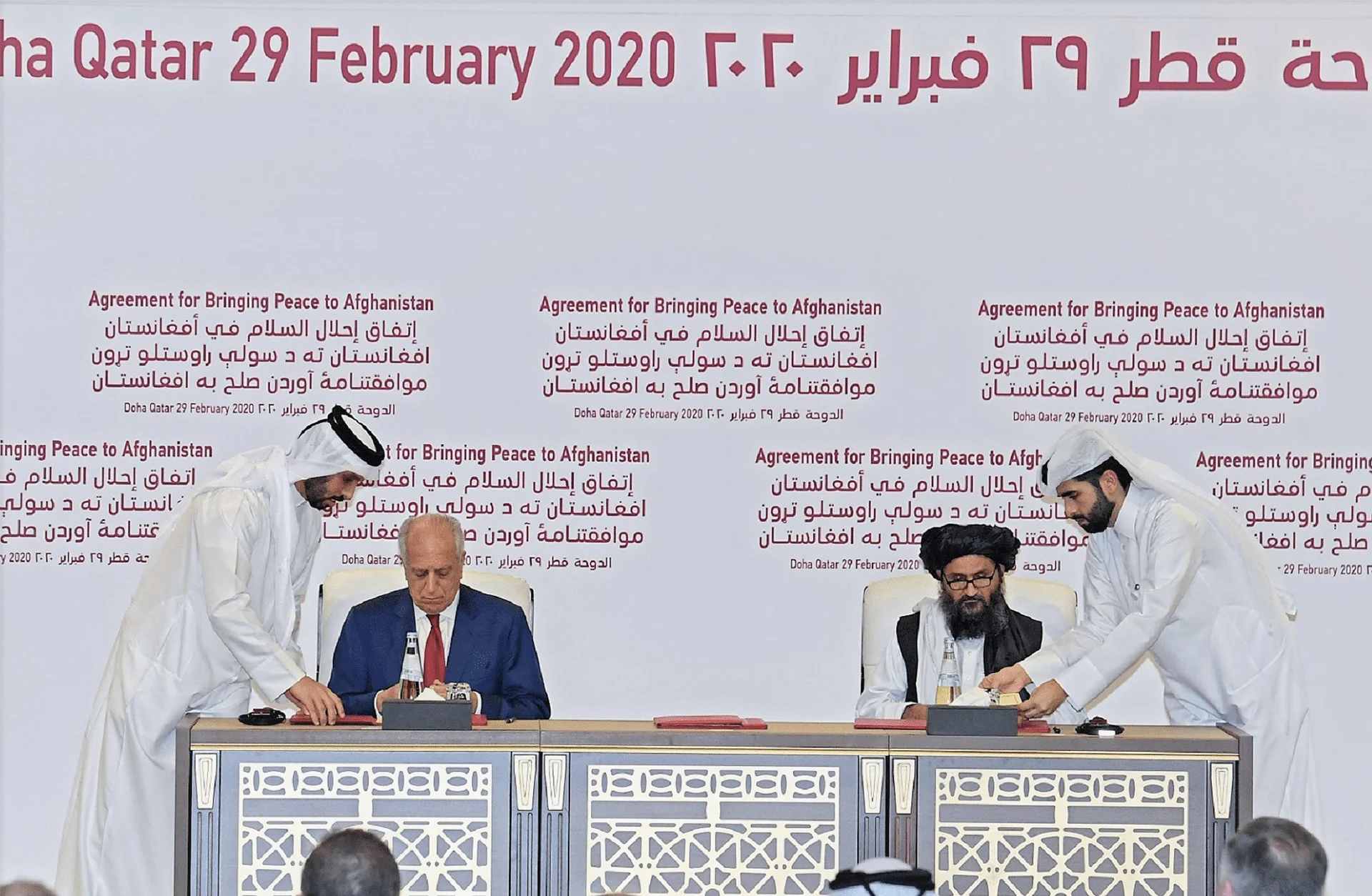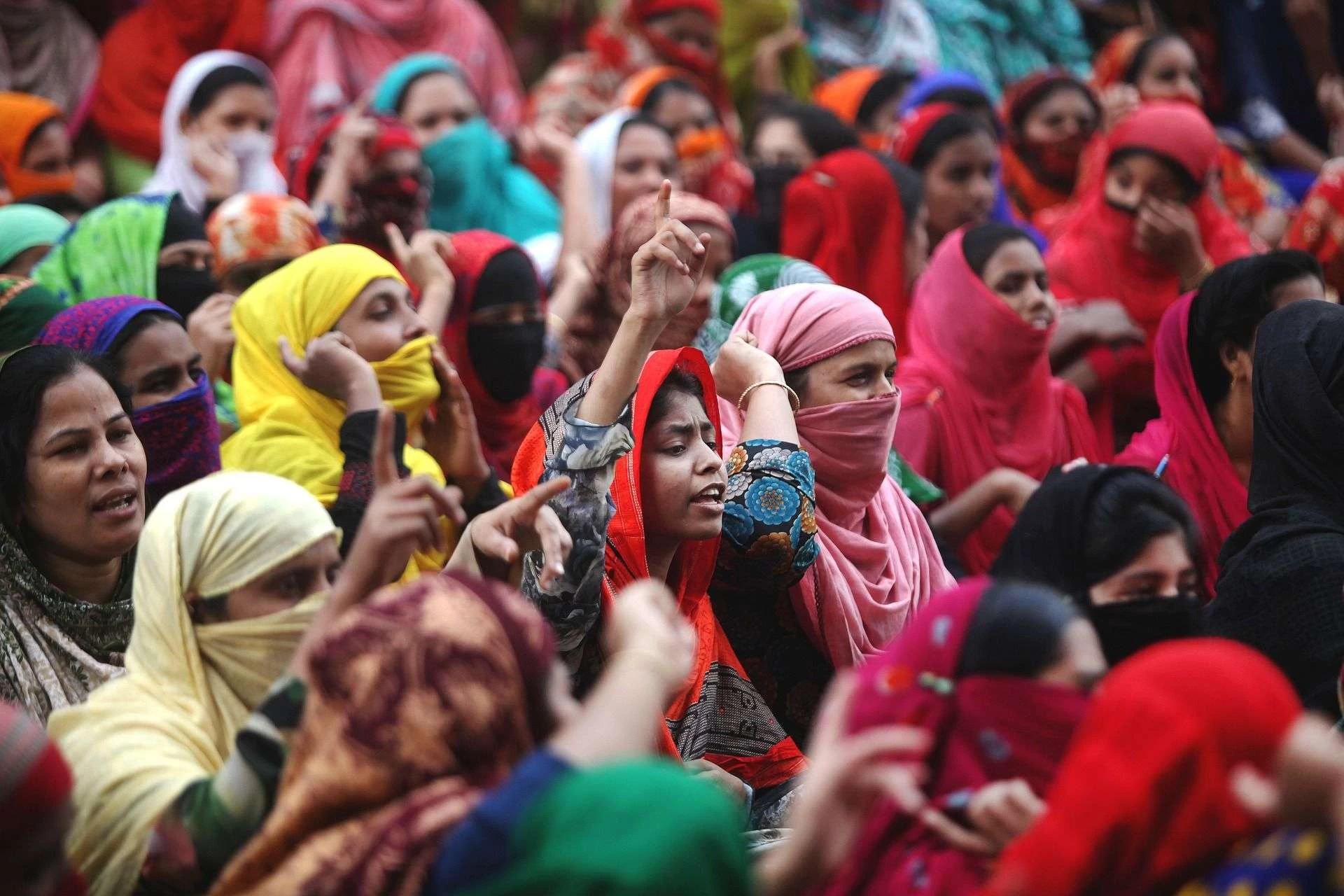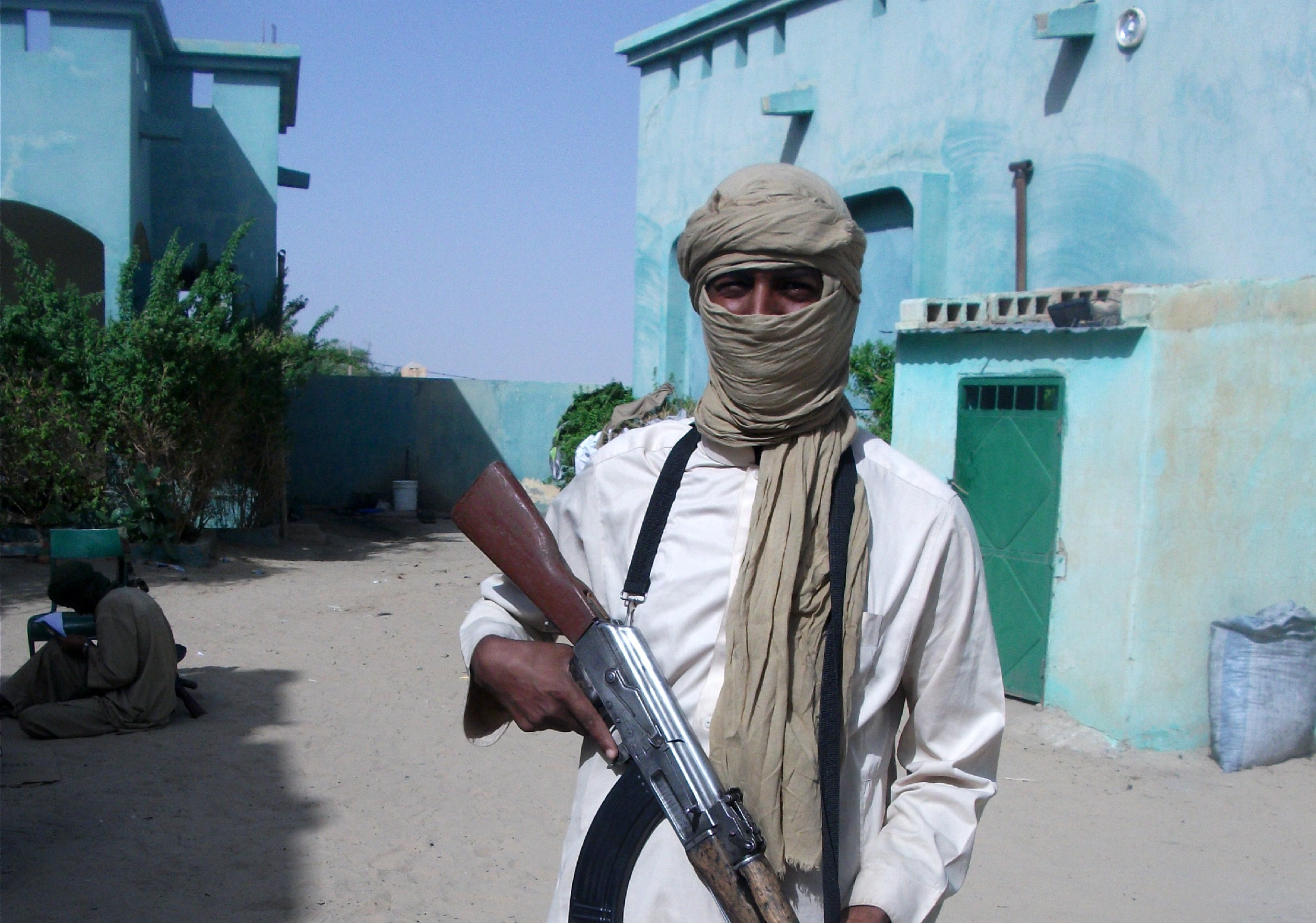India has remained in the international spotlight for quite a while. This time, it’s not due to some blockbuster Bollywood movie or some major economic boom. However, it\’s due to, as Arundhati Roy says, ‘crime against humanity.\’
India is currently going through the worst COVID phase any country on earth has seen. For the past week, India has been observing an average of over 300,000 COVID cases on daily basis. This has led to oxygen shortage in the country. The hospitals are crowded and cars in the parking lot turned into temporary ambulances. Mass cremation of bodies was also done.
A Regional Catastrope
India is dealing with a total of cases above 18 million and death crossing the mark of 205,000. The country is on the brink of causing a regional catastrophe. Kathmandu is already facing its repercussions. The famous prize-winning author Arundhati Roy has called it not negligence or incompetence but an act of crime against humanity.
Arundhati\’s words come harsh and direct towards Prime Minister Modi. A Prime Minister missing and disappeared from the current situation. She also accused the government of not putting down the myths and misconceptions regarding the COVID. The government failed in spreading awareness on a scientific basis to the masses of India.
Furthermore, Roy stated that the government didn\’t take any SOP or experts advice. This was despite experts’ advice and predictions. She has further highlighted that how the government of India and its supporters are cracking down on the people pointing out their flaws rather than correcting the flaws.
India Needs Help
Moreover, she took the example of the Chief Minister of Uttar Pradesh Yogi who has warned of arresting those who spread so-called ‘fake news’ regarding the shortage of oxygen in India. These arrests will take place under the National Security Act. Taking this in context, Roi has advised to ‘die without complaining’.
Presenting a solution to all this, she stated that the current situation is due to a deep partisan approach that restricts several government top officeholders from acting without orders from the federal government or even from BJP top officials. She says that in order to solve this, not only BJP but so do the other parties of India need to unite to create a public policy. A policy that actually solves this crisis rather than leaving it to a political tool.





